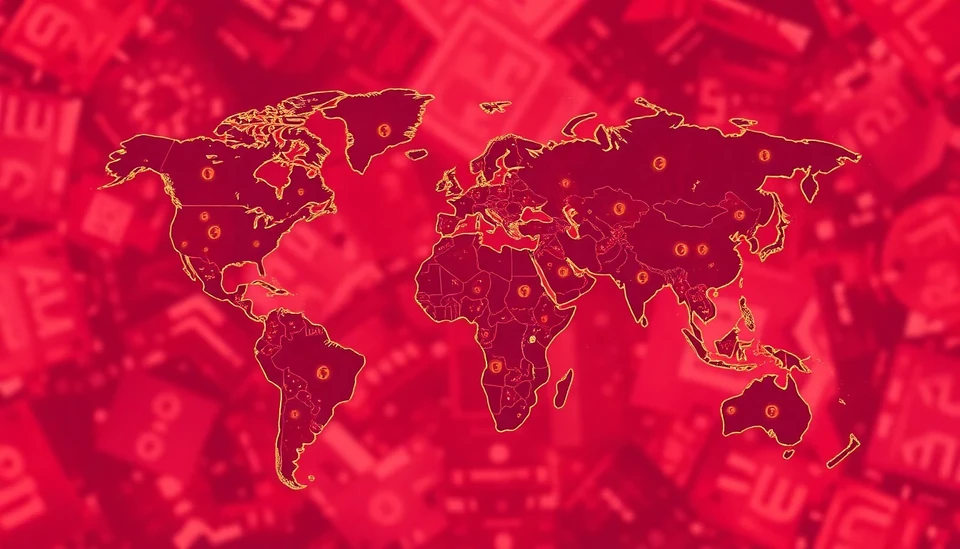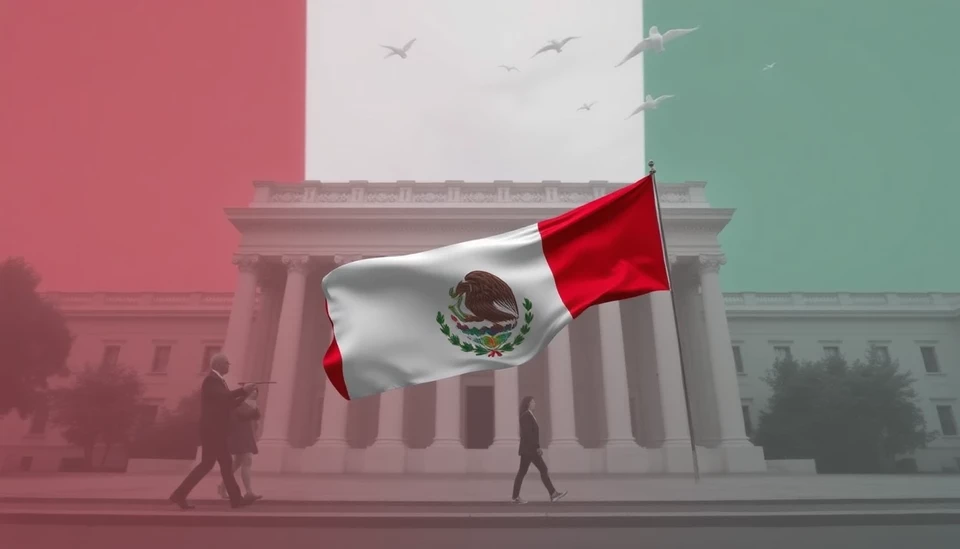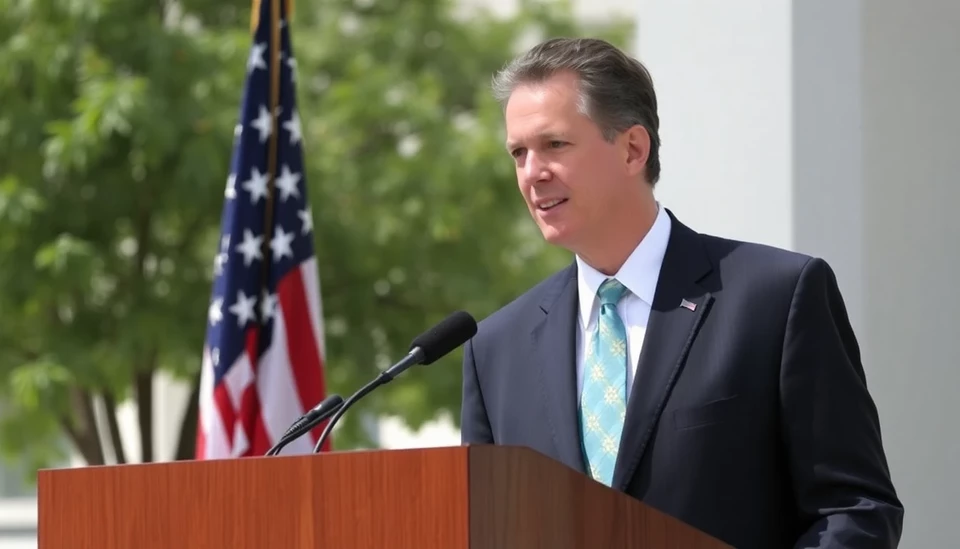
In a notable shift from traditional economic policy frameworks, countries across the globe are re-evaluating and altering their economic doctrine in light of recent challenges. From Washington to Berlin, policy-makers are recognizing the necessity for adaptive strategies that address both immediate economic pressures and long-term sustainability concerns. This reworking reflects a growing consensus on the importance of flexibility in economic planning and a departure from rigid adherence to previous models.
Historically, many nations adhered to classical economic theories that emphasized market efficiency and limited government intervention. However, the economic realities faced in recent years—including the global pandemic, supply chain disruptions, and rising inflation—have catalyzed a rethinking of these long-standing doctrines. In Washington, for instance, there has been a marked shift toward more proactive fiscal policies aimed at stimulating growth while simultaneously addressing income inequality.
In contrast, European nations, led by Germany, are grappling with the implications of their economic policies on climate change and social welfare. The German government is increasingly focusing on sustainable economic models that incorporate environmental considerations and social equity into their core economic planning. This approach includes commitments to green technology investments and a push for energy independence, particularly in light of the geopolitical tensions affecting energy supplies.
This global trend of reworking economic policy has led to discussions about the role of governments in regulating markets and addressing societal issues. Many economists argue that the era of laissez-faire economics is giving way to a more interventionist approach, where governments play a critical role in ensuring economic stability and fostering an inclusive economy.
As nations like the U.S. and Germany recalibrate their economic strategies, they are drawing lessons from one another and adapting policies that resonate with their unique contexts. The emphasis on collaboration and knowledge-sharing between countries is becoming increasingly vital as they confront shared challenges in an interconnected world.
Moreover, these shifts are not just limited to policy frameworks but are also influencing public sentiment. Citizens are becoming more engaged and vocal about their expectations for government action on economic issues, pressuring leaders to prioritize immediate relief and long-term solutions. The rise of grassroots movements advocating for economic justice and environmental sustainability indicates a growing demand for policies that reflect these priorities.
Looking ahead, economists predict that these transformations in economic doctrine will have significant implications for global economic relations. As countries implement more responsive and responsible economic strategies, the international community may see a gradual evolution toward cooperative frameworks that emphasize mutual benefits rather than competition.
In conclusion, the global reworking of economic policy signifies a crucial turning point. By embracing flexibility and inclusivity, nations are not only responding to current challenges but are also laying the groundwork for a more resilient and equitable economic future.
#economicpolicy #globalreform #sustainability #finance #collaboration #interventionism
Author: Rachel Greene




